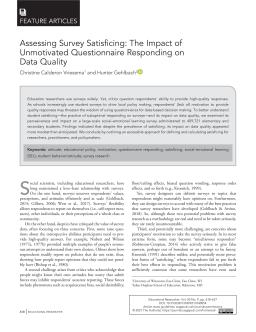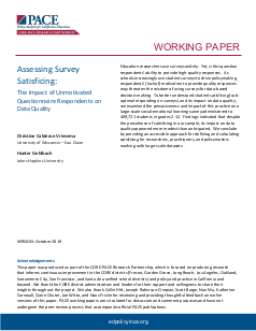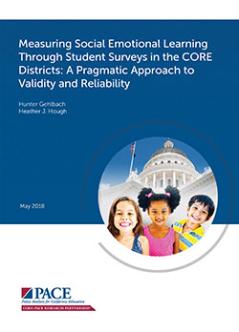Hunter Gehlbach

Hunter Gehlbach is a professor in the School of Education at Johns Hopkins University, where he serves as faculty co-director of education for the Johns Hopkins Institute for Planetary Health and director of the PhD program. He was previously on faculty at the Harvard Graduate School of Education and the University of California, Santa Barbara. An educational psychologist by training and a social psychologist at heart, his research focuses on improving the social contexts of schools, leveraging social psychological principles to enhance environmental education, and sharpening social science methodology. His work explores social perspective taking, biases that contribute to misunderstandings, and the role of storytelling in communicating climate change and planetary health issues. He is an American Psychological Association Fellow of Division 15. Gehlbach earned a PhD in educational psychology from Stanford University. He was also a former high school teacher and coach.
updated 2025






